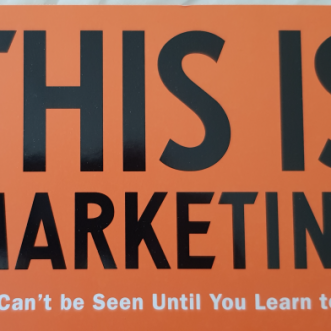January 27, 2020
My friend Mary Jane Copps (aka The Phone Lady) sent out a brilliant tip for delighting prospects today. It got me thinking again about self-service.
When supermarkets first arrived, housewives were delighted. No more queueing at counters to be served, you could just pick and choose whatever you wanted from the shelves of one shop and check out. They could work to their own timetable. They were empowered.
The same is true of many online services. I can renew my passport, book train journeys, order print, buy tyres, whenever I want to. I’m no longer tied to someone else’s schedule – in some cases not even for physical delivery. I’m empowered in ways that I never dreamt of as a child.
There is however, one place where self-service really doesn’t work well, and that’s when things go wrong – when I make a mistake, or something doesn’t arrive on time, or I’m not sure what to type.
Cycling through frequently asked questions that aren’t my question, or being directed to a forum that shows hundreds of others with the same (un-addressed) problem is disempowering, and disenchanting. I want to follow my own schedule – I need help now. Forcing me to spend the first 60 seconds of a call to the helpline listening to instructions to visit the website is disrespectful.
Of course self-service reduces costs for the provider. If you make it obvious that’s the only reason for it, you’ll disgust your customer.
On the other hand, if you make sure it enables them to follow their own schedule in every scenario, you’ll delight them.









